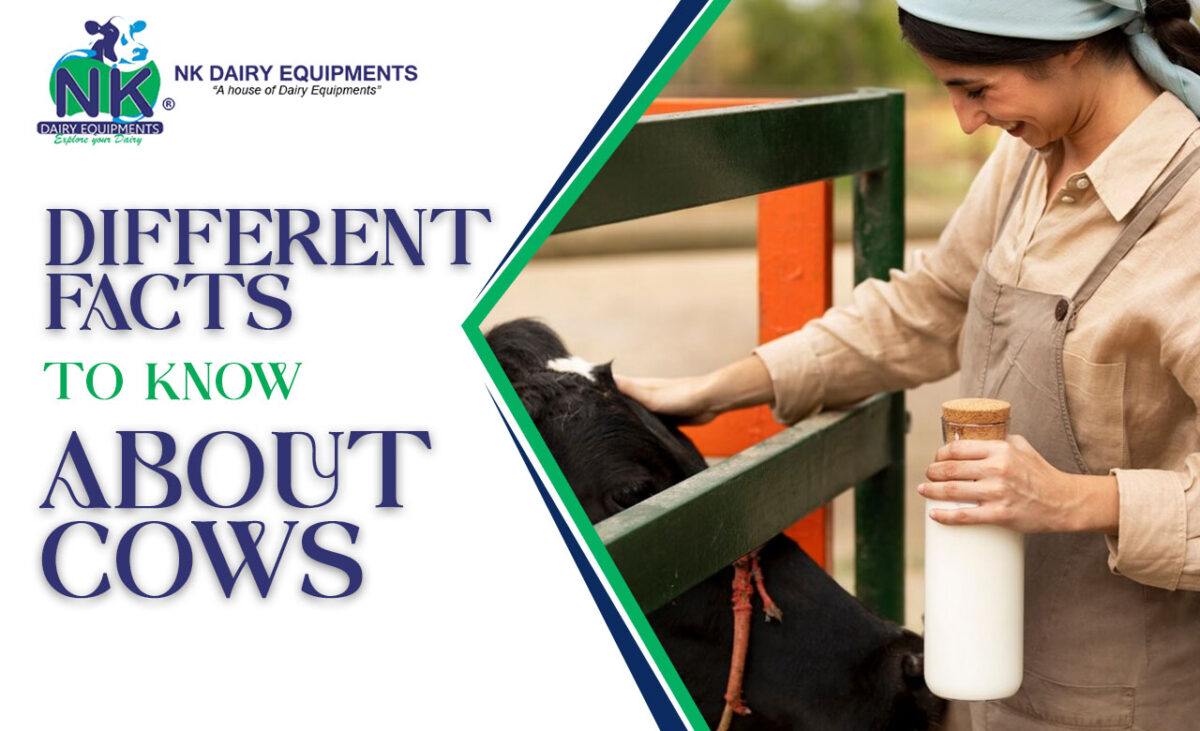Dairy farming is a type of agriculture dedicated to producing milk, Paneer, ghee and other dairy products from the care and feeding of the cattle, mainly dairy cows. The main focus of dairy farmers is managing the animals’ health, welfare and milk production to obtain the highest possible quantity and quality of the milk. For the preparation of ghee, planting of ghee plant can be beneficial.
What is the definition of Dairy farming?
Dairy farming is a branch of agriculture encompassing the breeding, raising, and utilization of dairy animals, primarily cows, to produce milk and various processed dairy products. Milk for human consumption is produced primarily by the cows and the buffalo. The goat is a vital milk producer in China, India, and other Asian countries, as well as in Egypt. Goat’s milk is also produced in Europe and North America, but goat’s milk is relatively unimportant compared to cow’s milk. A khoya machine is beneficial to get good quality dairy products like khoya. Facts about the cows.
The following are some fascinating cow-related facts:
- Social animals: Cows are gregarious and develop strong relationships with other cow herders. When separated from their companions, they frequently exhibit distressing behaviors.
- Communication: Cows use a sophisticated system of vocalizations, body language, and even facial expressions to communicate with one another. They can express feelings of joy, satisfaction, or anxiety.
- Grazers: Cows are herbivores that mostly eat grass and other plants. This makes them known as grazers. Their four-compartmented specialized stomachs allow them to break down complex plant material efficiently.
- Ruminants: Since cows have a unique digestive system that enables them to ferment and break down cellulose in their diet, they are considered ruminants. Their specialized stomach compartments, the reticulum and rumen, are where this process occurs.
- Production of Milk: The primary purpose of cow breeding is to produce milk. A dairy cow can yield between 6 and 7 gallons of milk on average per day, though this might vary based on the breed and the individual cow’s health.
- Breeds: Cows come in various breeds, each having distinctive qualities.
- Intelligent Animals: Cows are incredibly wise and capable of solving complex puzzles. They can pick up duties and distinguish between different people and animals.
- Calm Temperament: Cow cows are often quiet and kind despite their massive stature. On the other hand, if they perceive a threat or their calves are in danger, they may turn hostile.
- Environmental influence: Because cows graze on the ground and emit methane during their digestive processes, they can negatively influence the environment. Efforts are being made to create sustainable farming methods to lessen these effects.
- Symbolism: In many communities worldwide, cows are associated with culture. Some cultures view them as sacred or holy animals, while others view them as symbols of fertility, abundance, and sustenance.
Nowadays, advanced technology is used for dairy farming. If you are looking for dairy equipment in Ludhiana, then contact NK Dairy Equipments.




